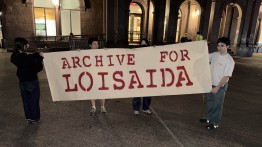Class of 2025: In Their Own Words
POSTED ON: May 22, 2025
Each year, we ask graduating students a few questions about their time at Cooper and any plans they might have for the future. Here are a few selections from our soon-to-be Class of 2025 alumni.
Which course or faculty member had the biggest impact on your time at Cooper and why?
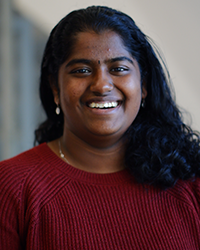 Sreevarshini Karthikeyan CE’25: I think the many courses I took with Dr. Cynthia Lee had the biggest impact on me, including her Structural Analysis II class, the independent study projects where she served as my advisor, and Engineering Risk Analysis. All of these not only improved my understanding of fundamental aspects of structural engineering but also challenged me to look past the fundamentals to how the field can be advanced. Taking her classes, I was challenged to develop skills outside of the traditional scope of civil engineering and was made aware of how I can contribute to addressing the issues of my future such as infrastructure resilience. I also have to thank Dr. Cosmas Tzavelis, Chair of the Civil Engineering Department, who had a tremendous impact on me. His leadership and support as well as the constant encouragement he provided kept me going and motivated me to become better.
Sreevarshini Karthikeyan CE’25: I think the many courses I took with Dr. Cynthia Lee had the biggest impact on me, including her Structural Analysis II class, the independent study projects where she served as my advisor, and Engineering Risk Analysis. All of these not only improved my understanding of fundamental aspects of structural engineering but also challenged me to look past the fundamentals to how the field can be advanced. Taking her classes, I was challenged to develop skills outside of the traditional scope of civil engineering and was made aware of how I can contribute to addressing the issues of my future such as infrastructure resilience. I also have to thank Dr. Cosmas Tzavelis, Chair of the Civil Engineering Department, who had a tremendous impact on me. His leadership and support as well as the constant encouragement he provided kept me going and motivated me to become better.
Stanley Hoang ChE’25: I loved this semester’s Safety, Health, and Loss Prevention in Manufacturing course taught by Professor Kirgan. She was so knowledgeable, engaged, and compassionate toward us and the course, and she conveyed so many topics in a relatively short amount of time while keeping us engaged. I hope Professor Kirgan, who always remained open to our comments, enjoyed her time in the course as much as we did.
Gautaman Asirwatham ME’25: EID 101, the School of Engineering’s foundational course that we all must take, with Professor Cumberbatch. He showed us that an engineer’s job is to learn to solve problems, not to already have all the answers. He encouraged us to design for the future with humility.
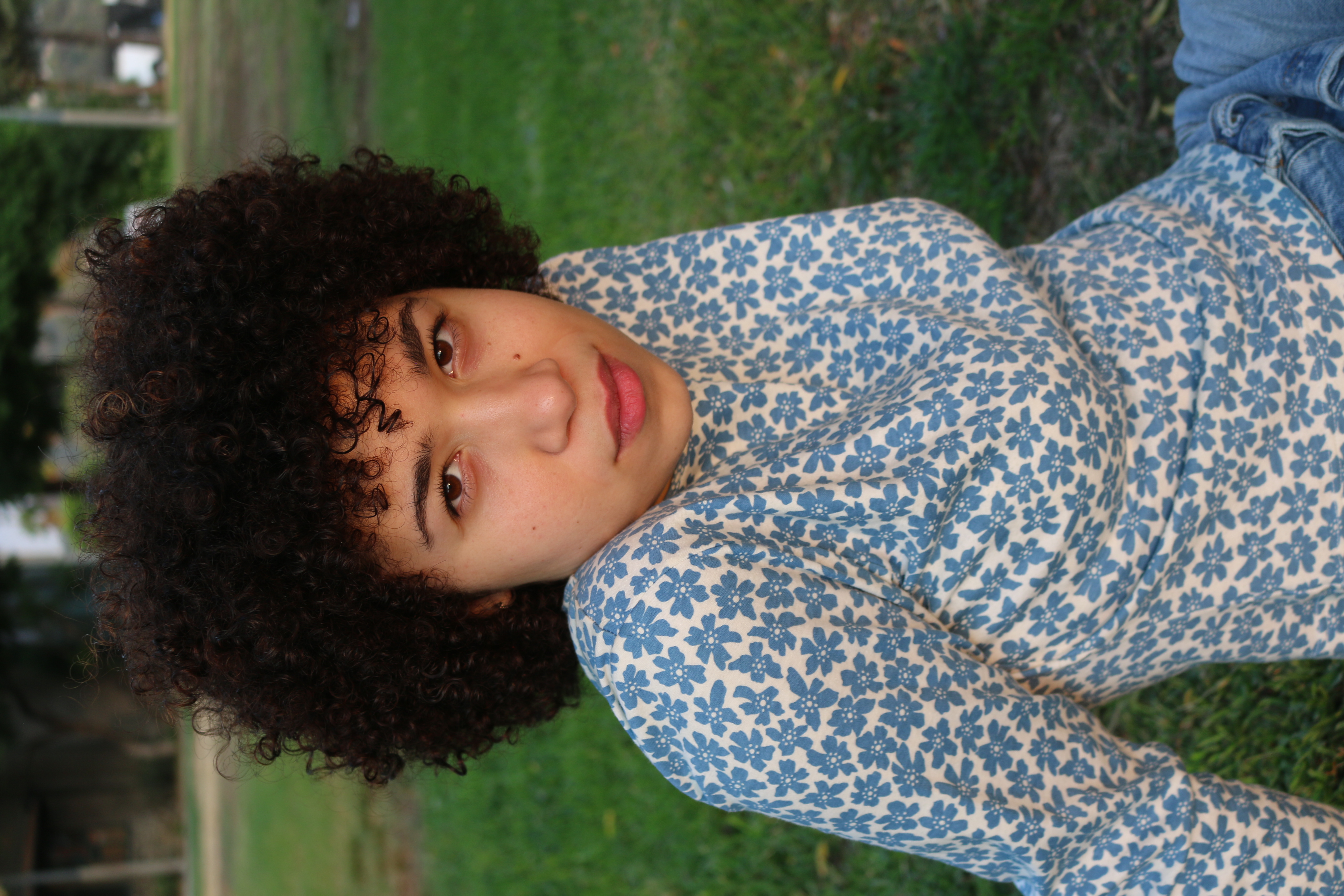 Camille Levy A’25: I don’t think there is a specific course or faculty member that has had the biggest impact on my time at Cooper. For me, just being a student has been an honor; getting to make and share in a safe space, in addition to learning from, listening to, and collaborating with the community as a whole. This has allowed me to truly inquire and engage with what I care about.
Camille Levy A’25: I don’t think there is a specific course or faculty member that has had the biggest impact on my time at Cooper. For me, just being a student has been an honor; getting to make and share in a safe space, in addition to learning from, listening to, and collaborating with the community as a whole. This has allowed me to truly inquire and engage with what I care about.
Arthur Lee AR’25: During my time at Cooper, I had a couple of classes that greatly impacted my perspectives on design. Architecture electives—such as Environments, taught by Elisa Iturbe; Environments II, taught by Tommy Schaperkotter and Pamela Cabrera; and Public Art as Alimentary Infrastructure, taught by Ninad Pandit, Guillermo Ruiz de Teresa, and Nora Akawi—built socio-political and environmental consciousness. Theses paired with humanities classes and an independent study course that I took with Matthew Bower further deepened my design philosophies for local, small-scale interventions. During my thesis year, the accumulation of my education led to a library exhibition called Archive for Loisaida, a project based on celebrating and continuing Loisaida’s—or the Lower East Side’s—history of grassroots activism.
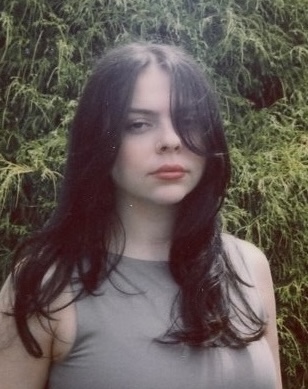 Angela Simoniello AR’25: Owen Nichols had the biggest impact on my time at Cooper. I only met him in my fifth year, but in the few months I got to work with him, I found my voice. I was finally given the confidence I needed to talk about my ideas and designs without feeling inferior. Not only did I learn plenty from Owen about art and architecture, but I unlearned my anxious ways of only designing to please a professor. It had finally felt like I was designing and researching for my own validation.
Angela Simoniello AR’25: Owen Nichols had the biggest impact on my time at Cooper. I only met him in my fifth year, but in the few months I got to work with him, I found my voice. I was finally given the confidence I needed to talk about my ideas and designs without feeling inferior. Not only did I learn plenty from Owen about art and architecture, but I unlearned my anxious ways of only designing to please a professor. It had finally felt like I was designing and researching for my own validation.
What are you most proud of from your time at Cooper?
Stanley Hoang ChE’25: Simply graduating after four years of not just rigorous course work, but also a demanding schedule and horrendous commute on public transit. Graduation, securing my internships, and having been extended a full-time job offer are my best moments.
Sreevarshini Karthikeyan CE’25: I am most proud of the research work I have done during my time at Cooper. I was able to independently develop a project that takes a data-driven approach to investigating the impacts of high-intensity rainfall on roads and bridges. I am also proud of my senior design project. It was a technically challenging endeavor and expanded my understanding of the current design codes and principles.
Camille Levy A’25: I am proud of founding and developing the inaugural Cooper Radio Collective with the intention that it would bring the Cooper community (students and staff from all three schools) together. In its three years, I think it has. I'm excited to pass it on the next generation and witness it continue to grow and expand. I couldn't have done it without my peer collaborators and faculty/staff advisors.
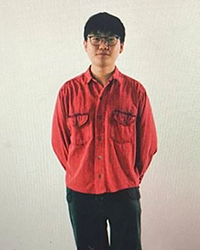 Arthur Lee AR’25: One of my proudest moments during my time here was receiving the Menschel Fellowship with my peers Evan Chiang and Ginger Fan and holding our exhibition at 41 Cooper Gallery. It was very meaningful to share our research on Plant Doctors—a new agricultural consulting profession—which we conducted in Taiwan, with both the public and the Cooper Union community. I continued working through exhibitions during my thesis year. Throughout this spring semester, I collaborated with faculty, neighborhood leaders, and the library to organize the Archive for Loisaida exhibition, which celebrates the history of grassroots activism in Cooper Union's adjacent neighborhood, the Lower East Side. While the initial Menschel exhibition was rewarding, the library exhibition ultimately embodied my education and aspirations to connect Cooper with our local grassroots institutions.
Arthur Lee AR’25: One of my proudest moments during my time here was receiving the Menschel Fellowship with my peers Evan Chiang and Ginger Fan and holding our exhibition at 41 Cooper Gallery. It was very meaningful to share our research on Plant Doctors—a new agricultural consulting profession—which we conducted in Taiwan, with both the public and the Cooper Union community. I continued working through exhibitions during my thesis year. Throughout this spring semester, I collaborated with faculty, neighborhood leaders, and the library to organize the Archive for Loisaida exhibition, which celebrates the history of grassroots activism in Cooper Union's adjacent neighborhood, the Lower East Side. While the initial Menschel exhibition was rewarding, the library exhibition ultimately embodied my education and aspirations to connect Cooper with our local grassroots institutions.
Abduhla Ali EE’25: I have realized how much I enjoy physics, and so one of my proudest moments here was to start Cooper Union (CU) Physics, a student club that encourages interest in the physical sciences and arranges events centered around the physical sciences in conjunction with the physics department.
Angela Simoniello AR’25: I am most proud of my thesis progression. Performing live for my classmates and professors was exciting but nerve racking. I had plans, even as a first year student, to apply dance to my thesis, and I am very proud that I conquered that goal.
What are your immediate plans after graduation? Long-term plans?
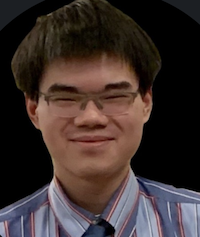 Stanley Hoang ChE’25: I have been extended an offer at the New York City Department of Environmental Protection's Bureau of Wastewater Management as an engineering intern. This is a full-time position, not in the sense of a summer intern, and private industries would call it “Junior Engineer.” Long term, I plan to rise through the ranks of the department and bureau and build a career like this, maybe even try other agencies or private companies.
Stanley Hoang ChE’25: I have been extended an offer at the New York City Department of Environmental Protection's Bureau of Wastewater Management as an engineering intern. This is a full-time position, not in the sense of a summer intern, and private industries would call it “Junior Engineer.” Long term, I plan to rise through the ranks of the department and bureau and build a career like this, maybe even try other agencies or private companies.
Gautaman Asirwatham ME’25: I found work in energy modeling. Long-term, I would like to start a business in that space.
Abduhla Ali EE’25: I have been inspired by Professor Phil Yecko and want to become a physics professor. So I plan to get further in my studies in physics and eventually get my Ph.D. in the subject.
Camille Levy A’25: I don’t have any immediate plans after graduation except to spend some time reflecting and figuring out what is next. Long-term plans: applying to graduate school, residencies, and internships; anything where I can continue my education. I would also like to continue working with/for community, perhaps via teaching or public programming in addition to allocating time to a studio practice.
Arthur Lee AR’25: My plan after graduation is to continue working in the neighborhood of Loisaida, working through the relationships I have built with the locals. There are aspirations to continue bridging The Cooper Union’s academic spaces with the neighborhood, as I am continuing this dialogue with faculty. With certainty, I can say I want to pursue a career in architecture—to use my training and expertise for local activists—and eventually return to spaces of academia to teach.
Angela Simoniello AR’25: I immediately start working at a small architecture firm called StudioMSA as a designer and draftsperson. This is a full-time position that I plan to keep for a year or so before I explore other options. I am interested in set design, so I have plans to apply for the Local 829 Scenic Design union.



